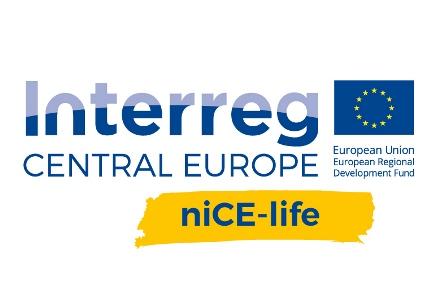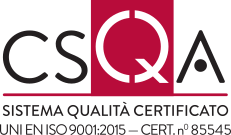
Lepida and the Local Health Authority of Bologna participate in the niCE-life project of the Central Europe Programme (Innovation Axis), which aims to promote social innovation and the integration of fragile people, especially the elderly, in the programme area. The coordinator of the project is the City of Bratislava (Slovakia), another Italian partner being the ISRAA – Institute for Hospitalization and Assistance to the Elderly of Treviso. Besides Slovakia, also present with the University of Technology of Bratislava, the other participating European countries are the Czech Republic (University of Technology of Brno and Oloumuc University Hospital), Austria with the Samariter Foundation, Poland (City of Warsaw) and Slovenia with the National Institute of Public Health.
niCE-life aims to promote models of social inclusion that can be applied in various Central Europe contexts, focusing on the e-Care network in Bologna as the base good practice for the construction of the model. The project will be an opportunity to export an experience that, since 2005, has involved older people in the metropolitan area of Bologna, together with social services, districts, the network of social centers and volunteers, with the support of the e-Care Call Center and the toll-free number 800 562110. At the same time, the e-Care network aims to be enriched by further tools, thanks to the consolidation of the Solidarity Portal of Bologna (www.bolognasolidale.it) and the use of mobile technology for the support of family caregivers. The objective is not only awareness and training, but also to strengthen the support network within the territorial system of services.
The project kick-off was held in Bratislava on January 22nd-23rd, while the planned actions will end in June 2022. niCE-life provides for the realization of 5 pilots which will test a model of social and health integration where the use of technology will be a valid support to effectively meet the needs of a fragile and growing population. niCE-life intends to create the conditions to allow a strategy of mobilization of the existing resources on the territories, recognizing the role of each person for a more supportive society, adapted to the perspective of a strong loss of autonomy of fragile people, forcing them to face daily difficulties both for themselves and for their caregivers. The implicit objective of the project is the connection between innovative technology and the communicative and relational skills of the professionals involved in the care of elderly citizens.




